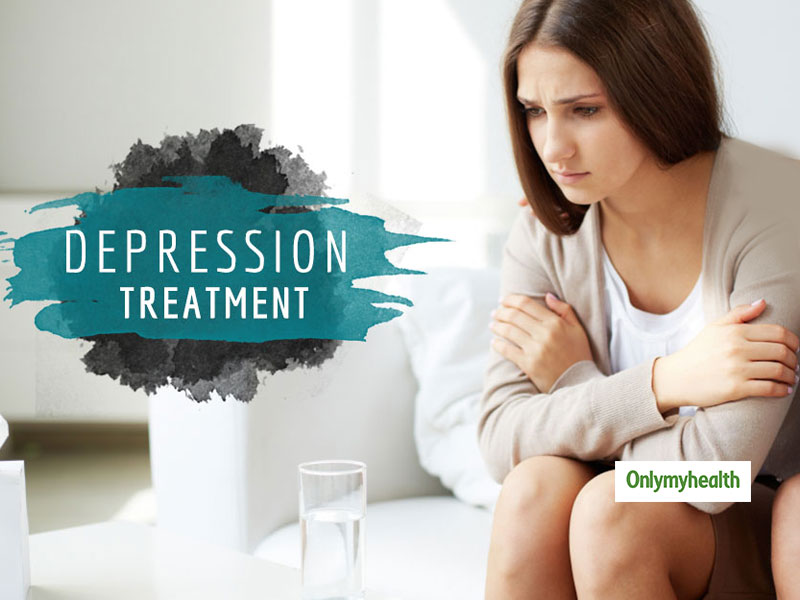
Today, almost more than one-third of the world’s working-class population is suffering from depression, be it mild or severe. Depression is a feeling that can make one feel helpless. More often, those who suffer from any depression tend to hide it from their peers, friends and sometimes even family. People have a grave misconception that depression is incurable. On the contrary, depression has a definite cure if done correctly. For most people, the only treatment for depression is to have heavy medications. However, there exist other means, too, which can cure depression in a much-effective manner.
Table of Content:-
Let’s take a look at 5 of the most common non-drug therapies which can be very helpful in treating depression:
Setting goals

Start with having a goal for the day, a goal for the week, and then a goal for what you want to achieve in the span of next 5 or 10 years. Setting and pursuing goals can draw your attention towards building a better life, which is free from depression or loneliness, or more precisely takes you towards a better lifestyle. People who set up goals, need to believe in their ability to perceive them regardless of what’s going on in their minds. It is essential to understand that the thought process can only be changed with constant efforts. Move your focus towards better things than ponder upon things that depressive.
Getting into a routine
If a person is depressed, one may find it in his/her life-structure. People often lose interest in their working schedule and don’t follow a proper routine. Setting up a gentle daily schedule and following it regularly can get you back on track within no time. It will help you concentrate on your particular goal of the day, and will push you to have positive thoughts about yourself. It is best to have a work-life balance by meeting a set of friends after a productive day at work or spend some time in the gym to boost those happy hormones.
Also Read: Never Ignore These Signs Of Generalized Anxiety Disorder
Sleeping adequately

It is when we sleep that our body recovers from all the stress we have on our mind and body. Stress is one of the significant determinants of depression, making a person vulnerable to different kinds of depression. The importance of sleep is immense. It is when we sleep our immune system repairs itself, our brain is at rest, and our digestive system is working towards a healthy bowel movement. All these factors are essential for a healthy mind and body in a longer run. An important tip here is to try sleeping at the same time every day without any distraction of a smartphone. It is advisable to keep gadgets away while sleeping for its many harmful effects on health.
Trying acupuncture
Acupuncture can be used to balance the flow of energy in the body. It also helps in reducing symptoms like pain, insomnia and most precisely, depression. Studies have shown that acupuncture is one of the most effective cures for depression while treating pregnant women with major depressive disorders.
Also Read: Alia Bhatt On Depression: Here's Why The Pretty Damsel Broke Into Tears
Exercising everyday

Exercising every day can produce proper amounts of natural endorphin in the body. Endorphin can help in uplifting one’s mood. Ian cook, MD & Director of research and Clinic Program at UCLA says that regular exercise can help brain to rewire itself in positive ways.
So how much exercise one needs? You don’t need to go to the gym early morning, just a few minutes of walk to the park and back is enough to prepare your body for the day.
Read more articles on Mind & Body
How we keep this article up to date:
We work with experts and keep a close eye on the latest in health and wellness. Whenever there is a new research or helpful information, we update our articles with accurate and useful advice.
Current Version